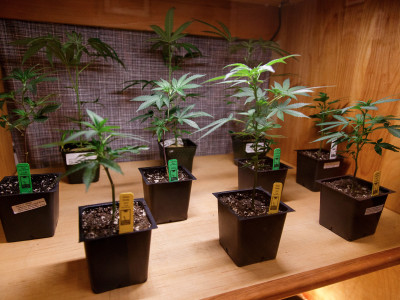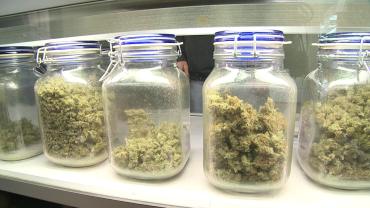Big Changes Come To Oregon’s Marijuana Industry In 2016 . News | OPB
By the end of the year, Oregon’s cannabis industry will look a lot different from what we currently have.
Although the state is accepting business license applications, the Oregon Liquor Control Commission — which will oversee the state’s recreational marijuana business solely starting in January 2017 — doesn’t plan to approve any of the retail store applications until at least the fourth quarter of 2016.
After getting the growers licensed, Oregon plans to license laboratories, processors, wholesalers, and — lastly — retailers.
Until retail marijuana stores do open, licensed medical marijuana stores in Oregon can continue to sell recreational marijuana products — but only until Dec. 31. On Jan. 1, 2017, medical stores will no longer be able to conduct recreational sales.
Recreational stores will be able to sell the same types of products currently sold at medical marijuana dispensaries when the former begin opening later this year.
And even though the recreational stores can technically sell products like edibles, creating labeling standards could delay those products from Oregon’s retail shelves until sometime in 2017.
Read the full story from the source: Big Changes Come To Oregon’s Marijuana Industry In 2016 . News | OPB





